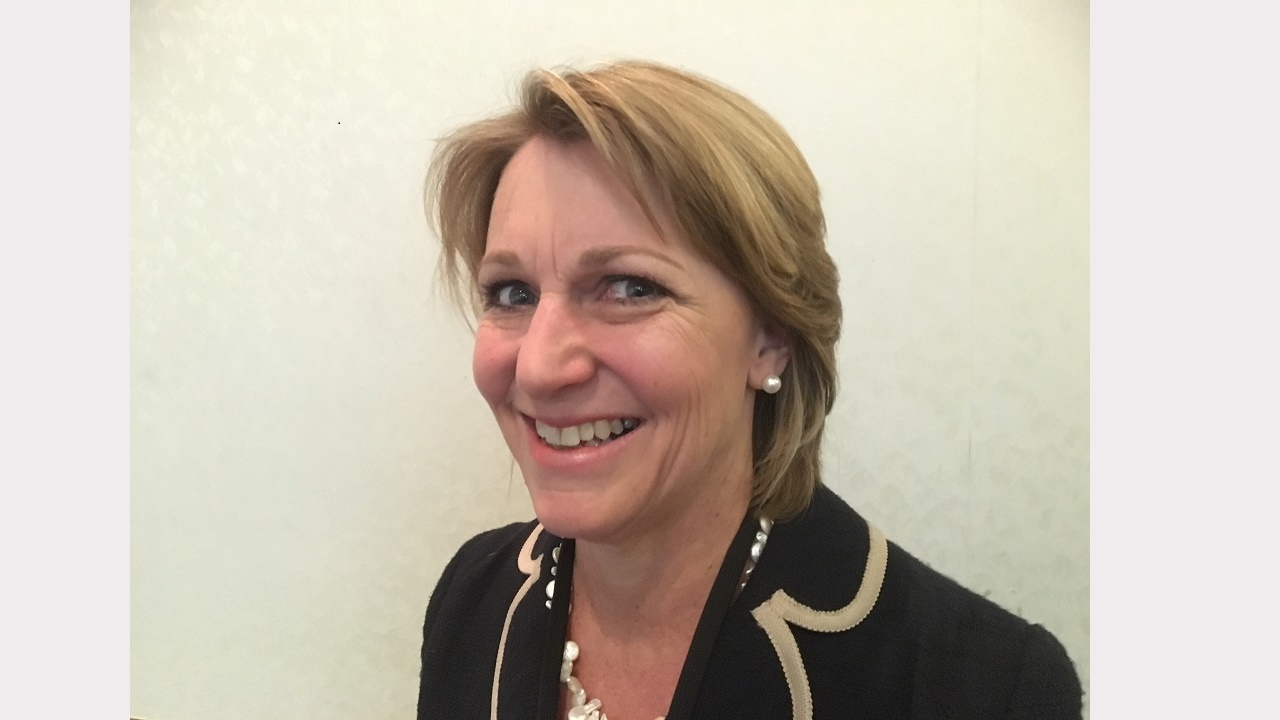Engage communities and train carers to provide end-of-life care: UK expert
Engage communities and train carers to provide end-of-life care: UK expert
by Heather Wiseman
Thursday, July 28, 2016
While hospices will continue to have a role to play in caring for people with severe symptoms in the UK, there is a growing need for the community to participate more in end-of-life care, according to a leading palliative care expert.
Presenting at the Palliative Care Victoria conference today, Dr Heather Richardson said while the UK sat at the top of the 2015 Quality of Death Index, it “had done appallingly” in terms of ensuring access to care. She said 100,000 people every year don’t receive palliative care even if they would benefit from it.
Dr Richardson is joint chief executive of St Christopher’s Hospice, a registered charity, and an honorary professor in the International Observatory on End of Life Care at Lancaster University.
"We regularly hear from family carers who say they would have liked more training to care for the person close to them with more skill and confidence.”
She said individuals report an “overwhelmingly positive” experience of care provided by hospices, including St Christopher’s. There was also new evidence that St Christopher's was achieving a reduction in patients’ symptom burden, even when their dependency was rapidly increasing.
There are about 200 hospices in the UK, most of which have been founded by communities in response to inadequate care. St Christopher’s is one of the largest, and while about 6000 patients and families received its care last year “that is nothing compared to the needs in our area”. She said people excluded include those on the margins of society, who also struggled to get equitable access to standard health care.
“Even though we care very passionately for an individual we often fail to look at the population we serve,” she told the conference.
“Our focus is on the person in our bed or in front of us and we fail to remember the many who are waiting to get in, or who have never been referred. That is one of our blind spots.”
She said recent Care Quality Commission findings on the inequalities of palliative care provision “were not pretty and they recognised that people on the margins of society got a pretty duff experience of end of life”.
In response, the Care Quality Commission “charged hospices with helping to change that and championing an equality led approach, engaging communities to deliver end-of-life care.”
St Christopher’s innovations include a service that cares for people in their homes. Positive outcomes include a death-out-of-hospital rate of more than 80 per cent. It has also recently started accredited vocational training for carers working in people’s homes and personal care agencies and a new education centre is planned for the future
"[Carers] are the people doing the majority of end-of-life care and they have appallingly small amounts of training. Training them will give them the skills and confidence they need to deliver high quality care to people in the latter years of life."
"We regularly hear from family carers who say they would have liked more training to care for the person close to them with more skill and confidence.”
Dr Richardson said she saw value in shifting focus from lobbying for increased funding, to changing public perceptions of palliative care and engaging and up-skilling local people and communities who could contribute to end-of-life care.
“The focus must be to empower the public and the patient and to build communities around them,” she said.
“I’m not saying communities can deal with everything.
"There is still the need for the expertise that exists in places like St Christopher’s, but community participation could help significantly in reducing limitations in the current provision.”
Dr Richardson described her work with the Compassionate Neighbours project set up in Hackney, East London. The project has trained more than 120 people, who had been skilled up to reach out to local people with a serious or life-threatening condition.
Early research suggested that neighbours benefit as much, or more than the unwell community members they connected with, having developed have new social relationships, a sense of belonging and new skills.
Dr Richardson said for many people receiving the care, it was nice but perhaps too little too late.
“People are already lonely and frightened. It is hard to change that."
But the value may be seen in the next generation, as being a compassionate neighbour helped volunteers to prepare for the end of life, leaving them better equipped to access the help they may need and want in the future.
“They will have the end of life connections and the communities and the expectations,” she said.
“The real change is happening for the people doing the doing at the moment.”
